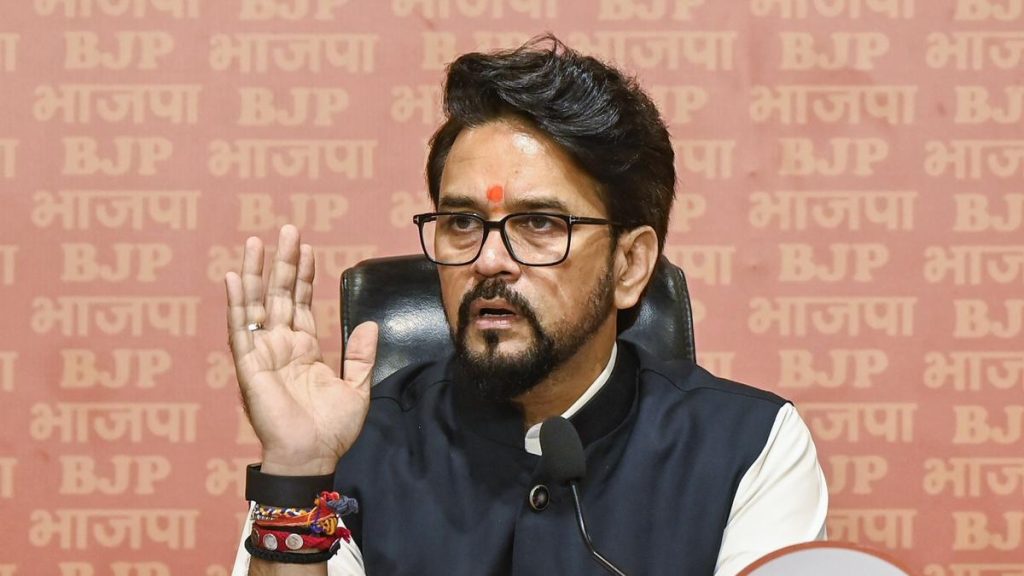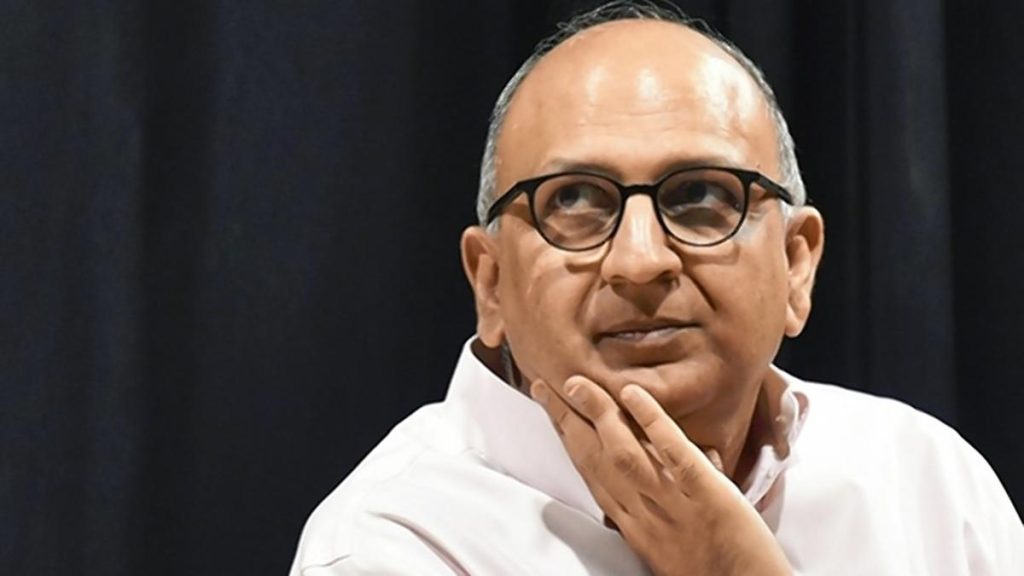Now Reading: Free Parking on Government Land Stalls in Kozhikode
-
01
Free Parking on Government Land Stalls in Kozhikode
Free Parking on Government Land Stalls in Kozhikode

Rapid Summary
- Kozhikode City police had proposed using vacant revenue land along major city roads for public parking too address the scarcity of parking spaces.
- The plan stalled due to poor coordination among government departments and unresolved civil disputes over identified properties.
- A police officer attributed delays to bureaucratic technicalities and emphasized the potential to revive the proposal as a solution for traffic woes.
- Revenue officials cited pending court cases as a notable legal obstacle in allocating land for choice uses like parking facilities.
- Public Works department officials stressed that local administrative cooperation and detailed planning are necessary for successful implementation.
- Deputy Commissioner of Police Arun K. Pavithran stated that over 30 potential sites were identified in collaboration with landowners but securing revenue land remains complicated. The exploration of alternative options is ongoing.
Indian Opinion Analysis
The proposed initiative by Kozhikode City police reflects an innovative, low-cost approach to address traffic concerns amidst urban infrastructural challenges. However, its failure highlights systemic barriers such as departmental misalignment and legal complexities tied to unresolved property disputes. These hurdles underline India’s broader issue of inter-agency coordination in infrastructure advancement.Civil litigation blocking access to government-owned lands adds another layer of delay, emphasizing the need for preemptive legal clarity during urban planning processes. While stakeholders like law enforcement, administrators, and public works officials have shown proactive interest, ensuring holistic collaboration is critical if projects like this are ever realized efficiently.This case also underscores an urgent need for cities like Kozhikode to explore practical solutions such as multi-level or underground parking spaces alongside short-term remedies. Reviving this proposal could set a precedent on how municipal bodies navigate resource utilization using innovative problem-solving frameworks supported by policy reforms.
Read more: Published – August 23, 2025























